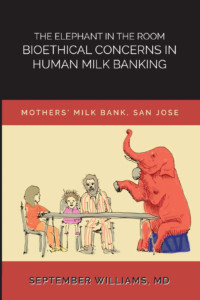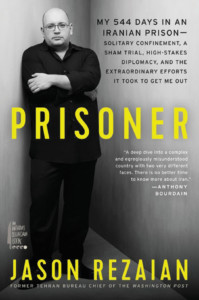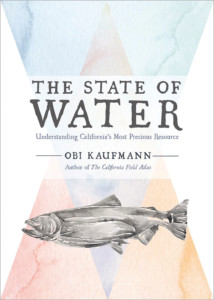MM: What is your favorite thing about Tehran?
JR: It’s a city with a lot of personality, with so many stories, so many characters that so few people from outside of Tehran’s borders would ever get a chance to meet. There is a surprise around every corner. It’s very frenetic, big, chaotic, dirty. On the surface it’s not particularly beautiful in either landscape or architecture, and there’s horrific pollution. But it grows on you.
MM: Have you been back? Can you go back?
JR: I don’t think there’s hope for me to return under the current circumstances. It’s more difficult for my wife, who was born and raised in Tehran and lived her whole life there. She still has a lot of family there, and she’s more representative of a diaspora community, many of whom cannot return. I’m a Marin kid who went to discover a place and really became enamored with it and spent a lot of time there and planned to live there. But it’s a different thing.
MM: What was the most unexpected thing you learned during the course of your time in prison?
JR: I think I learned that the people involved in great power struggles are just people, making decisions and doing things that they think either are right or are beneficial to them and the position that they hold. We’re all people struggling through this life and it was really important to never lose sight of that humanity. There are plenty of things that I’m still angry about. But people make decisions and other people have to pay the consequences.
MM: Did anything come up during the process of writing the book that you had either forgotten or not yet realized?
JR: I learned so much about what people were doing on my behalf that I didn’t know about while I was in prison. I had the opportunity — a pretty rare opportunity — to interview a lot of people who were involved in working toward my release. I think that that process has made the experience a little bit more palatable.
MM: How does it feel to be so inextricably bound to a piece of legislation [the Iran nuclear deal]?
JR: It’s bizarre. What is sort of crystallizing now is something that I already knew, which is that the relationship between these two countries, each of which call me their citizen, is a tragedy. And part of the tragedy is missed opportunities, an inability to read each other’s signals, and lack of contact for protracted periods of time. Another layer of it is the other Americans who are still being held in Iran in prison, and the fact that exiting that deal makes it unlikely that they’ll ever be released — or at least released anytime soon. So, I have a tornado of feeling about it.
Local Page Turners
Prisoner: My 544 Days in an Iranian Prison by Jason Rezaian (originally from Marin), Ecco Books, $29.99
In July 2014, Washington Post Tehran bureau chief Jason Rezaian was arrested by Iranian police. What he initially believed to be a misunderstanding soon proved much more dire as his arrest turned into an 18-month stay, the negotiations for his release fraught with diplomatic land mines. A powerful and unflinching memoir of the more than 500 days he spent imprisoned, Prisoner is above all a nuanced look at the complex culture surrounding him in his captivity. Jason and his wife, Yeganeh, appear in conversation with Don George at Book Passage Corte Madera August 9, 7:30 p.m.
 The Elephant in the Room: Bioethical Concerns in Human Milk Banking by September Williams (Marin), Cove International Publishers, $15.
The Elephant in the Room: Bioethical Concerns in Human Milk Banking by September Williams (Marin), Cove International Publishers, $15.
In The Elephant in the Room, bioethicist September Williams, M.D., tackles the matter of breastfeeding — specifically, why a percentage of infants are without access to breast milk even with studies having demonstrated that breast- feeding typically improves the health of both children and their mothers. Williams also looks at the world of breast milk banks, where freezers are routinely emptied in the course of feeding frail babies and that are ever in need of more donations. The proceeds from The Elephant in the Room are being donated to Mothers’ Milk Bank, San Jose. Appearing at Book Passage Corte Madera August 3, 4 p.m.
The State of Water by Obi Kaufmann (Oakland), Heyday Books, $27.
Following up on his best-selling California Field Atlas, Obi Kaufmann’s latest book focuses on the infrastructure and eco- systems of one of California’s most coveted resources. Spanning the most immediate challenges to California’s water systems — from dams to species revitalization — The State of Water is a thoughtful yet engaging text that ultimately argues for the importance of environmental conservation and restoration efforts, in terms of both ethical obligations and our future survival. Appearing at Book Passage Corte Madera August 17, 1 p.m.
Local Page Turner Reviews by Book Passage Marketing Manager Kayla Beckman.




